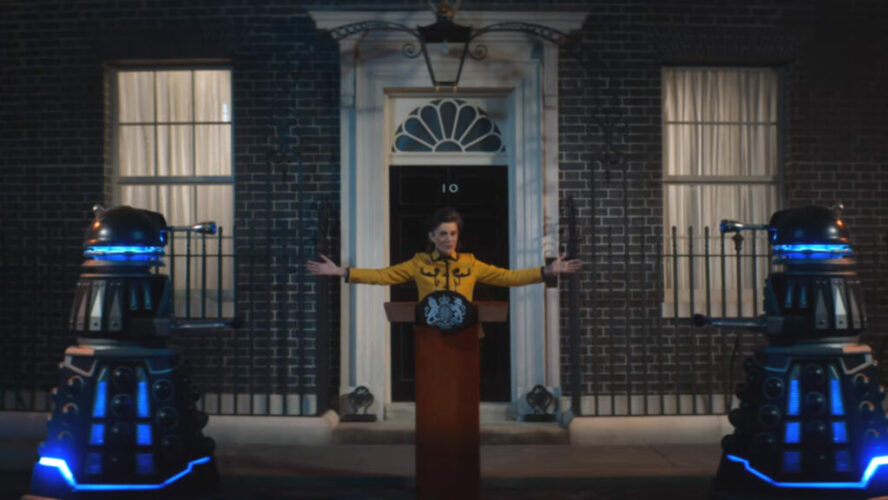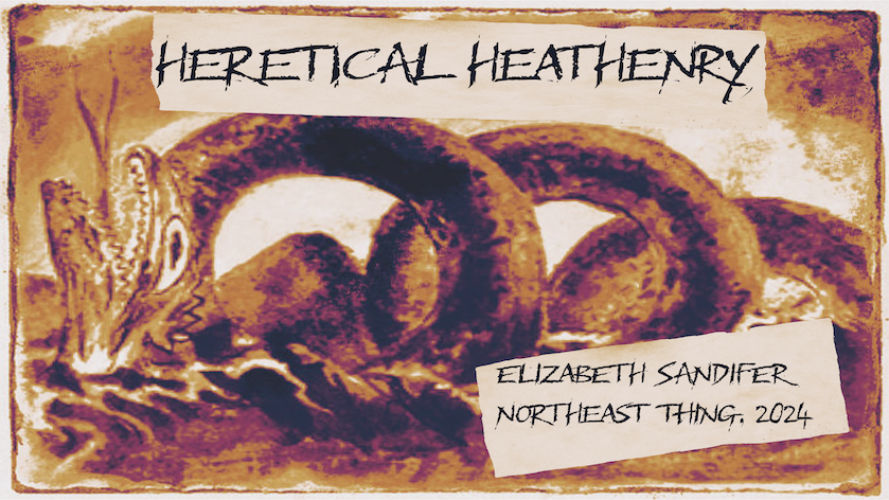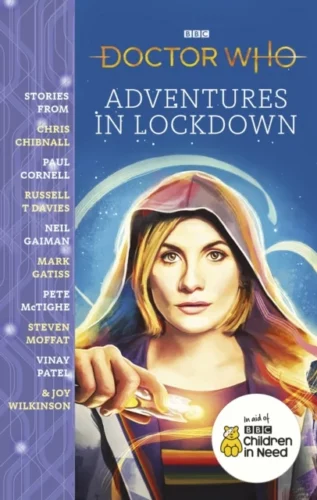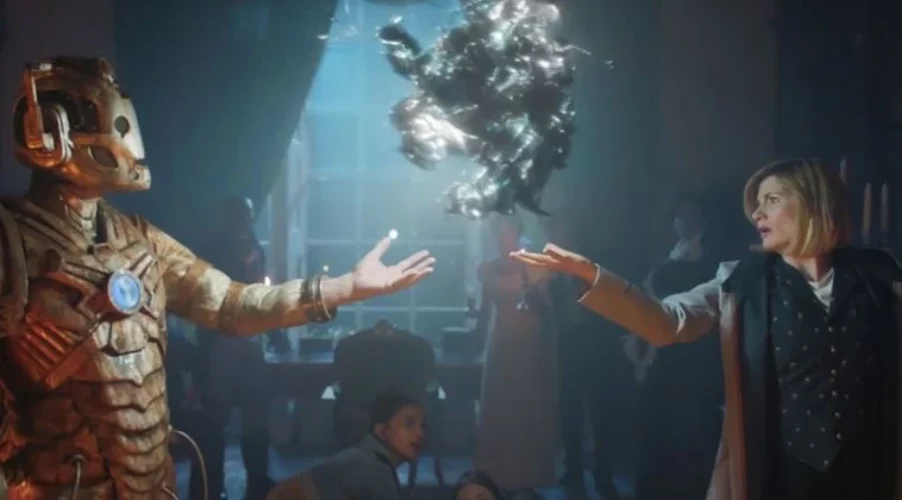Just More Suffering (Revolution of the Daleks)

It’s January 1st, 2021. Wham is at number one with “Last Christmas.” Mariah Carey, Band Aid, Elton John, and the Pogues featuring Kirsty Maccoll also chart. In news… well, there’s been a bit. Obviously we’ve already talked about the pandemic. But we haven’t talked about the 350,000 confirmed COVID deaths in the US, or the 72,000 in the UK—a full 1% of the population in each country. Nor have we talked about the appalling response in each country, from bleach injections to Eat Out to Help Out. There’s Keir Starmer becoming leader of the Labour Party. There’s Ruth Bader Ginsberg dying and being replaced by Amy Comey Barrett. There’s the Arecibo Telescope collapsing.
And then, of course, there’s the election. The agonizingly slow motion battle between the ongoing collapse into fascism under Trump and the bland inadequacy of centrist liberalism. With passport issuance fucked by the pandemic, the situation is alarming enough that our family decides to become gun owners. Ultimately the not as evil guys win, and it feels like more relief than it should. I remember when the last couple of states were properly called—it was an unseasonably warm day for November, and I was downtown on the Ithaca Commons, which felt effervescent in a way it hadn’t all pandemic. But, of course, that still rolled into the unsettling two month period of Trump’s attempted coup. By the new year it was largely clear that Biden would successfully take office, but the uncertainty remained, hanging over everything, as would become especially clear just five days after this aired.
Mostly, life lumbered on. We decided to officially adopt Christine. I finally dusted off Last War in Albion and tore through writing the rest of Volume 2. Vaccines came out; I think by New Year’s my wife, who was in the first wave as a nurse, had her first dose but not her second. To the extent that there was an end—and that’s a complicated notion to be sure—it was in sight.
And then there was Doctor Who. Much like the music charts, Revolution of the Daleks felt out of time. It’s not just the absurd return to 80s-style naming, turning to the title that literally everyone had thought of in spite of the complete lack of actual revolution in the story. (To be fair, previous stories contained at best dubious quantities of resurrection, revelation, or remembrance.) Nor is it the presence of a Theresa May stand-in a year and a half after Boris Johnson took office—a fact that’s even more puzzling when you consider that this was shot in November 2019, four months after May’s resignation. No, at the end of the day it’s more fundamental than that—the fact that this is picking up on a nearly year-old cliffhanger in which the year in question was 2020.
Three years on it seems even more dated, what with both actors involved in its puzzling decision to feature two separate returning characters named Jack becoming uncastable over the course of the next year.…









